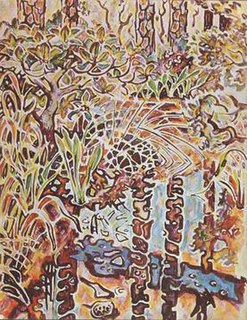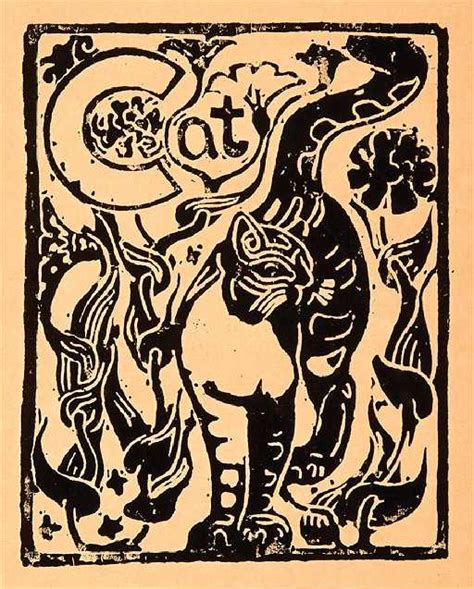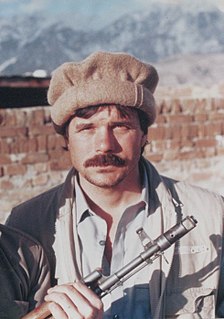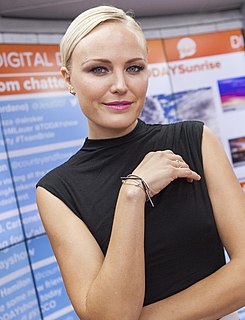A Quote by Patrick Lencioni
Employees who can't trust their leader to be vulnerable are not going to be vulnerable and build trust with one another.
Related Quotes
Being vulnerable is allowing yourself to trust. That's hard for a lot of people to do. They feel a lot more secure if they kind of put walls around themselves. Then they don't have to trust anybody but themselves. But to allow you to trust not only yourself but trust others means - is what's required to be vulnerable, and to have that kind of trust takes courage.
Trust is perhaps the most critical single building block underlying effectiveness. Without trust leaders do not have followers. Without trust, leaders are impotent despite great rhetoric or splendid ideas. Trust rests on the belief among followers that the leader is transparent: What you see is what there is. Trust means followers believe there is no duplicity; no manipulation just to satisfy the leader's ego. Very simply: The effective leader is transparent; that's why that person is trusted.
I feel vulnerable every day to the grace of God as expressed in every living thing. I feel vulnerable to the astonishing beauty of being alive and to Mother Nature. I feel positive when I feel vulnerable, because it's another reminder that it's not all about me and about my ego. And I actually think it's courageous to be vulnerable, and it's not something to be avoided.
Fortunately or unfortunately, the one predictable thing in any organization is the crisis. That always comes. That's when you do depend on the leader: The job of the leader is to build an organization that is battle-ready, that has high morale, that knows how to behave, that trusts itself, and where people trust one another.
Children, who have so much to learn in so short a time, had involved the tendency to trust adults to instruct them in the collective knowledge of our species, and this trust confers survival value. But it also makes children vulnerable to being tricked and adults who exploit this vulnerability should be deeply ashamed.



































